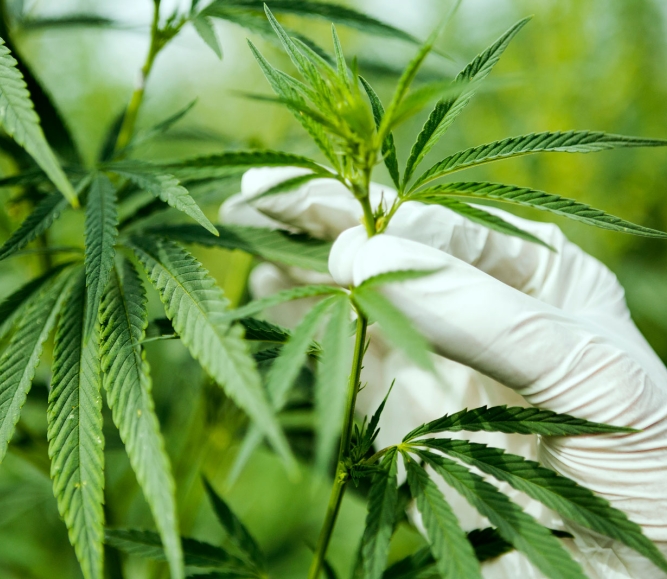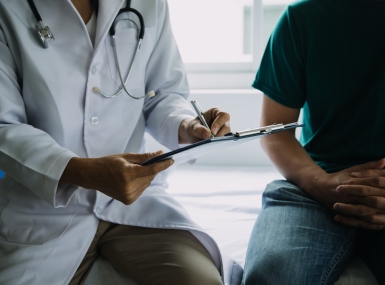Bipartisan cannabis banking bill clears U.S. House
Author

Brett Mattson
Upcoming Events
Related News

Key Takeaways
On April 19, the U.S. House of Representatives passed the Secure and Fair Enforcement (SAFE) Banking Act of 2021 (H.R. 1996) on a bipartisan vote of 321-101. The bill would shield banks and insurers from federal penalties if they choose to provide services to legitimate cannabis-related businesses.
To date, 47 states and the District of Columbia have legalized some form of cannabis for recreational and/or medicinal purposes, including CBD. This federal legislation would provide relief to what is currently a predominantly cash-only industry, which makes businesses vulnerable to robberies and other crimes, by providing access to checking accounts, loans and other banking services.
The bill now heads to the Senate, where Senate Majority Leader Chuck Schumer (D-N.Y.) has indicated his support for the legislation. However, the Majority Leader has said he would prefer to move the measure as part of a more-comprehensive criminal justice reform package, which could complicate the outlook for passage.
NACo supports legislation that would ensure greater access to banking for legally sanctioned commercial cannabis activities and will continue to monitor this legislation as it moves through Congress.
Advocacy
Cannabis reform included as part of criminal justice bill introduced by Sen. Booker

Related News

Congress introduces Second Chance Act reauthorization
On April 16, the Second Chance Reauthorization Act of 2024 (H.R. 8028) was introduced in the U.S. House of Representatives with robust bipartisan support. NACo supports this legislation, which would reauthorize funding for Second Chance Act (P.L. 110-199) programs for five years.

HRSA offers funds to aid care transitions for justice-involved individuals
On April 10, the U.S. Department of Health and Human Services’ Health Resources and Services Administration (HRSA) announced the availability of $51 million in funding opportunities open to HRSA-funded health centers. HRSA-funded health centers, which serve over 30 million patients, play a crucial role in county healthcare systems emphasizing equity and accessibility in healthcare. This new initiative focuses on supporting individuals leaving incarceration by providing health services during the critical 90 days before release, assisting justice-impacted individuals with their return to the community by expanding access to primary healthcare—including mental health and substance use disorder treatment.

DHS announces $1.8 billion in preparedness grants to advance county security and resilience
On April 16, the U.S. Department of Homeland Security (DHS) unveiled more than $1.8 billion in funding for eight preparedness grant programs in Fiscal Year (FY) 2024. These grants play a crucial role in helping county governments bolster their readiness and response capabilities against terrorism and disasters.